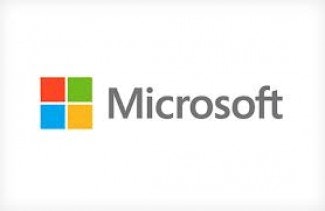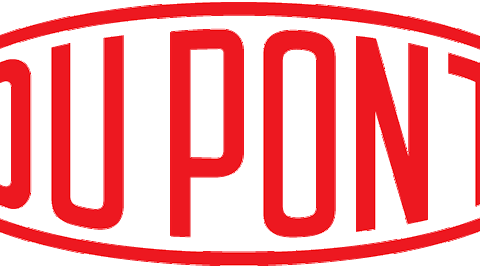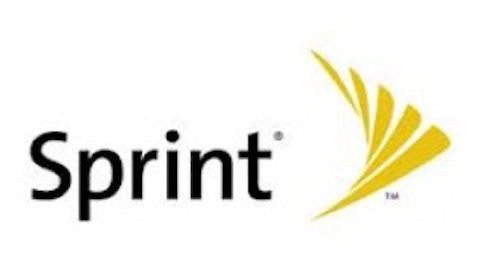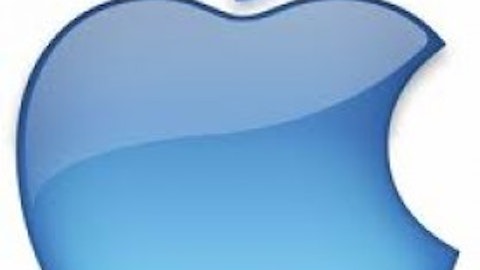The value of the Dow Jones Industrials as a market benchmark comes largely from the fact that the Dow isn’t just an index of industrial stocks. With representation from nearly every sector of the economy, the Dow reflects the makeup of the stock market at large.
But every spot in the Dow 30 counts, and tech stocks currently take up five of those valuable spots. Is that more than the industry deserves? Let’s take a closer look at how tech got to be such an important part of the Dow.
The evolution of Dow tech
Technology stocks have played a role in the Dow for a long time. Ever since International Business Machines Corp. (NYSE:IBM) went beyond typewriters to build computers, technology and industrial manufacturing have gone hand in hand.

It’s hard to fault the Dow selection committee for choosing any of these stocks at the time they joined the average. Hewlett-Packard Company (NYSE:HPQ) had already established its strength in computer peripherals and later went on to acquire International Business Machines Corp. (NYSE:IBM) rival Compaq to gain a much bigger presence in the PC market, which sustained it for a decade before mobile devices started to gain ascendancy. Microsoft Corporation (NASDAQ:MSFT) and Intel Corporation (NASDAQ:INTC) together redefined the PC, with Intel Corporation (NASDAQ:INTC) microprocessors powering the hardware and Microsoft Corporation (NASDAQ:MSFT) providing the software that resulted in huge productivity gains for businesses around the world. Even Cisco Systems, Inc. (NASDAQ:CSCO) was a major tech player when it joined the Dow, albeit having still fallen from the brief moment in history when it had the largest market capitalization of any stock in the market.
Why tech isn’t ridiculously overweighted
Although five stocks are a lot for one industry to have in the Dow, the saving grace is that with the exception of IBM, their share prices are all quite modest. The four non-IBM tech stocks add up to about a 5.5% weighting in the Dow — roughly equivalent to less than two stocks’ worth of representation if the Dow were equal-weighted. IBM is the big outlier, with its nearly 10% weight giving it disproportionate influence over the Dow.
Over the years, talk has centered less on whether there are too many tech stocks in the Dow and more on whether the right ones are in the average. Yet as long as the Dow keeps its price-weighting methodology, tech stocks with triple-digit prices are unlikely candidates to replace existing tech stocks. Most likely, it’ll take a transformative event for one of the five tech stocks to change tech’s key presence among the Dow’s 30 companies
The article Does the Dow Have Too Many Tech Stocks? originally appeared on Fool.com and is written by Dan Caplinger.
Fool contributor Dan Caplinger has no position in any stocks mentioned. You can follow him on Twitter: @DanCaplinger. The Motley Fool recommends Intel and owns shares of Intel, IBM, and Microsoft.
Copyright © 1995 – 2013 The Motley Fool, LLC. All rights reserved. The Motley Fool has a disclosure policy.





